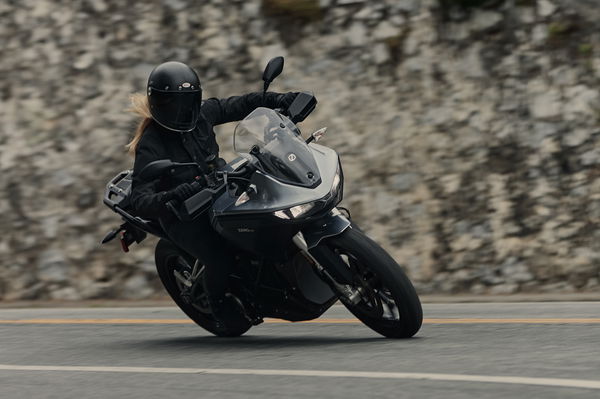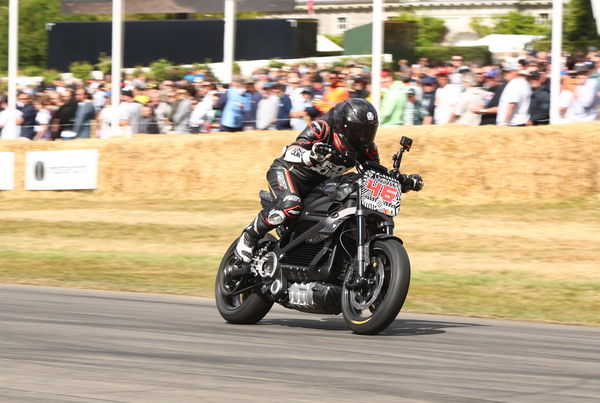Dutch Law Makers Price-Out Electric Bikes
By removing subsidies and changing tax rules, the Dutch government could make electric motorcycles a very hard sell in 2025

The road to decarbonisation is certainly not a smooth one, with flailing sales and companies subsequently folding under the pressure. What the electric motorcycle industry really needs is for governments to cut it some slack as we move into 2025.
That’s not going to be the case in the Netherlands, though, as reports suggest that trying to flog a bland new electric bike there next year will be even harder than ever.
Changes to Dutch legislation are at the heart of the issue, with the specialist electric bike website, The Pack, being just one of the outlets reporting on the news. It centres around how electric motorbikes are taxed and also relates to the financial incentives that can help to make taking the plunge into plug-in riding a little bit easier.
Before we look at the issues hurting the electric market, a bit of background on the Dutch motorcycle industry. For starters, it’s not the biggest in continental Europe. In fact, the Netherlands ranked as the twelfth largest in Europe in 2023, with an estimated 700,000 bikes on the road. That’s already significantly lower than the UK, where we have around 1.3 million bikes on the road. With this number of bikes on the road in the Netherlands, it's not a huge surprise to hear that motorcycle rider rights, boosting new rider numbers and helping emerging segments are not high on the Dutch government’s to-do list.

Looking more closely at the electric segment and the changes going into 2025, electric bikes sold in the country will no longer be graced with attractive tax breaks, and instead will be hit with tariffs seven times higher than those of equivalent electric cars used by business users. The official name for the tax applied at the point of purchase is ‘Belasting van Personenauto’s en Motorrijwielen’ or BPM, for short.
The change means in 2025, an electric motorcycle costing €25,000, which would have previously been free of any tax at the point of sale, will now be hit with an additional €4,640, according to The Pack. Obviously, the manufacturer could look to lessen that blow somewhat, by offering deals at the forecourt or by throwing in discounts on kit, clothing or accessories, but in an already turbulent global market for premium electric bike sales, would it be financially viable to do so?
The second gut punch comes in the form of the removal of subsidies that would benefit those buying a brand-new battery-powered bike. New electric bike owners in the Netherlands would previously benefit from road tax exemption and the aforementioned BPM tax break. On top of that, newly sold electric bikes in the Netherlands have been left out of the plug-in grant that other, four-wheeled EVs sold in the nation get. This final point may be the smallest financial amount to worry about, much lower than the BPM increase, although it could well be the final nail in the coffin for the Dutch electric bike industry.
Find the latest motorcycle news on Visordown.com












